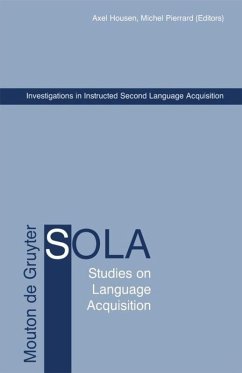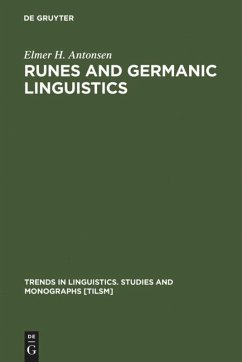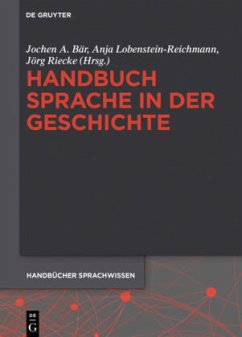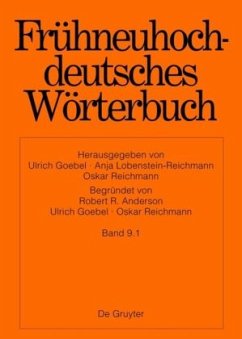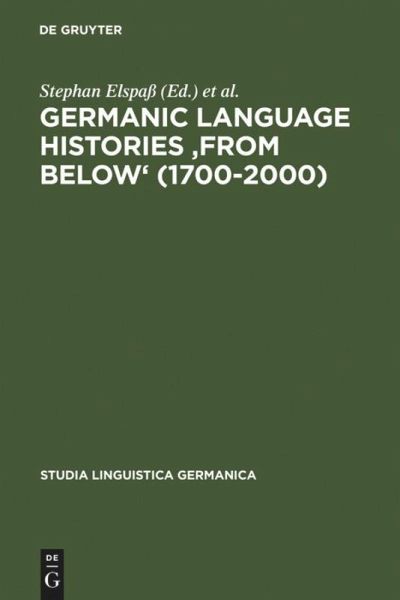
Germanic Language Histories 'from Below' (1700-2000)
Versandkostenfrei!
Versandfertig in 6-10 Tagen
149,95 €
inkl. MwSt.

PAYBACK Punkte
0 °P sammeln!
Focusing on the sociolinguistic history of Germanic languages, the current volume challenges the traditional teleological approach of language historiography. The 30 contributions present alternative histories of ten â??bigâ?? as well as â??smallâ?? Germanic languages and varieties in the last 300 years. Topics covered in this book include language variation and change and the politics of language contact and choice, seen against the background of standardization processes of written and oral text genres and from the viewpoint of larger sections of the population.





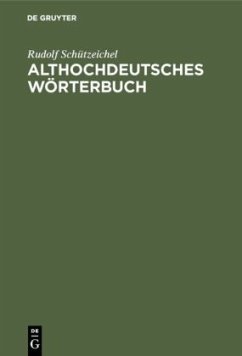
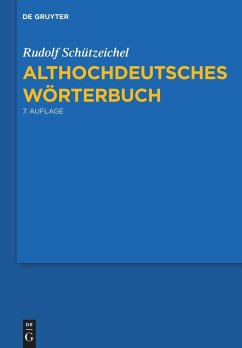
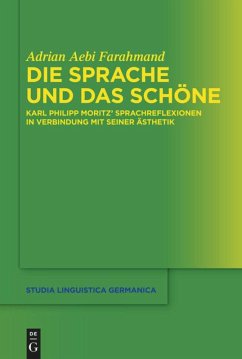
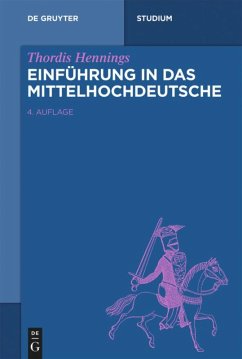
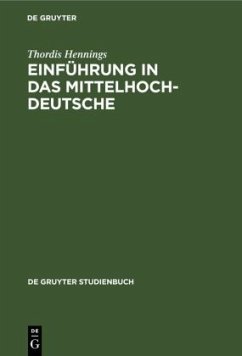
![[Set: Althochdeutsche Grammatik I + II] Cover [Set: Althochdeutsche Grammatik I + II]](https://bilder.buecher.de/produkte/69/69357/69357512n.jpg)
